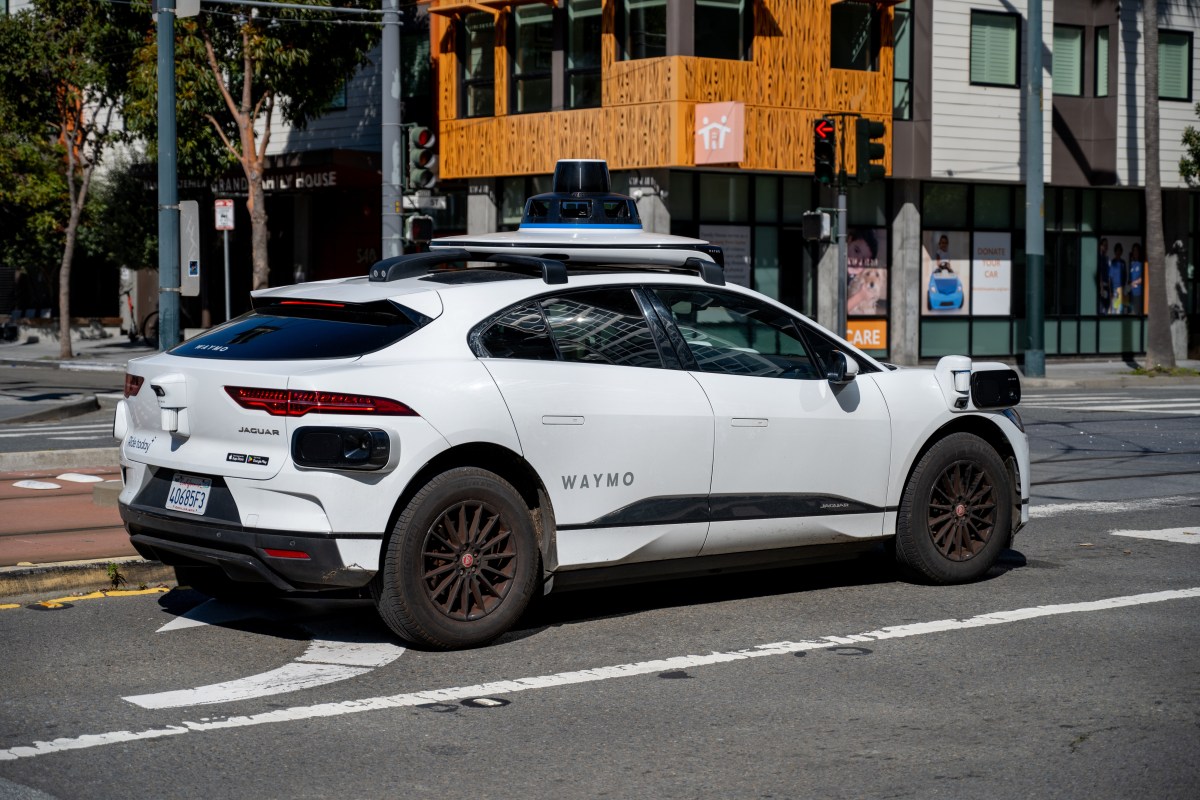
Waymo could use interior camera data to train generative AI models and sell advertising.
Waymo is preparing to use data from its robotaxis, including images from interior cameras linked to passenger identities, in order to train generative artificial intelligence models.
Waymo is in the process of using data from its autonomous vehicles, including recordings from interior cameras linked to the identities of passengers, to train generative artificial intelligence models. This information comes from an unpublished draft of its privacy policy, discovered by researcher Jane Manchun Wong. The document suggests that Waymo may use this data to personalize advertisements, raising concerns about the extent to which passenger behavior inside autonomous vehicles could be utilized for AI training and marketing.
The privacy policy mentions that Waymo may share data in order to "improve and analyze its functionality and tailor products, services, ads, and offers to your interests." Users have the option to opt out of sharing their information with third parties, except when necessary for the operation of the service. The inclusion of cameras in the process intensifies privacy concerns. Waymo also gives passengers the option to prevent their personal information, in accordance with California privacy laws, from being shared or sold.
However, it is unclear what types of internal data will be used to train the AI models or what the anticipated use cases are. It is also unknown what types of information the interior cameras may capture: facial expressions? body language? Additionally, it is unclear whether Waymo uses this data to train its own models or if it shares it with other Alphabet companies like Google or DeepMind.
So far, Waymo is the only autonomous vehicle company generating revenue from robotaxi rides in the United States, recording more than 200,000 paid rides weekly in cities such as Los Angeles, San Francisco, Phoenix, and Austin. This figure has significantly increased from 10,000 rides per week just two years ago, indicating potential for further growth as Waymo expands into new markets. The company plans to launch a commercial service in Atlanta, Miami, and Washington D.C. in the next two years.
Despite this growth, Waymo likely continues to be a financial burden for Alphabet, which could explain its interest in exploring other revenue sources, such as in-vehicle advertising and data exchange for generative AI models. Last year, Alphabet invested an additional $5 billion in Waymo, and the company raised $5.6 billion from external investors, bringing its valuation to over $45 billion. Waymo continues to invest significantly in research and development as well as expansion costs, which include increasing its fleet, purchasing specialized equipment, maintaining vehicles, and charging infrastructure. It is unclear how long it will take Waymo to achieve financial stability, as Alphabet does not separate Waymo's financial data in its earnings reports. Instead, Waymo is included in Alphabet's "other bets" section, which reported an operating loss of $1.2 billion in 2024.



